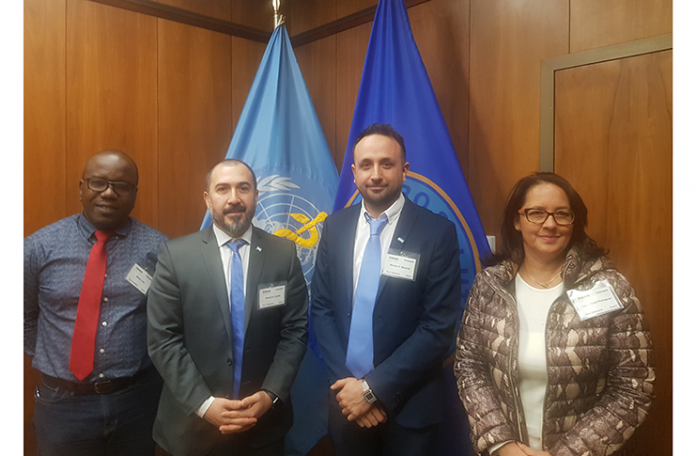New requirements for importation of medical devices
(Guyana Chronicle) IMPORTERS of blood pressure, glucose testing machines and other medical devices will now have to ensure all imported devices are up to international standards following the implementation of new requirements for importation by the Government Analyst Food and Drug Department (GA-FDD).
The GA-FDD has revised its importation application forms to now require importers to demonstrate that imported medical devices have International Standards Organisation (ISO) 13485 standard; that the manufacturer of the device has a Medical Devices Single Audit Programme (MDSAP) certificate; and that importers obtain an original Free Sale Certificate from the regulatory authority of the country where the medical device is manufactured.
This will be the first time that certified standards are being required for the importation of medical devices.
“Prior to this, we would’ve asked little or no questions regarding the specificity of the medical devices. Where was it manufactured? Was it approved by the regulatory department [of the country of origin]? Was it manufactured according to a particular standard? Did the manufacturer have a certificate? We never requested such information in the past,” explained GA-FDD Director, Marlon Cole, in an interview with Guyana Chronicle.
Previously, importers simply had to establish an ability to store the items.
“Prior to this, all that would’ve been had is that importer would’ve had to demonstrate to us that he had a storage facility and say he’s importing medical devices, whatever medical devices would’ve been allowed to come into the country without any detailed checks or regulations,” Cole noted.
The new requirements will come into effect when the importers make their next applications to get requisite permission to import in 2020. Permits to import medical devices require renewal annually. All permits previously issued by the department will expire on December 31, 2019.
The Food and Drug Act, Cap 34:03 of 1971, and the Food and Drug Regulations, 1977 define a medical device as “any instrument, apparatus or contrivance, including components, parts and accessories thereof, manufactured, sold or represented for use in the diagnosis, treatment, mitigation or prevention of a disease, disorder, abnormal state of health or the symptoms thereof, in man or animals, or used or intended to be used for the prevention of uterine conception.”
The main medical devices imported into Guyana include contraceptive devices, blood pressure testing, and blood glucose testing devices. The new requirements do not affect individuals importing devices for personal use.
“Our legislation does not allow us to regulate for personal use. If you are bringing something of your own personal volition, we don’t have anything to do with that. However, anything that is being imported for commercial use and the general public, that’s where we regulate and check,” Cole related.
Notwithstanding the previous lack of requirements, Cole emphasised the need for measures to be in place to verify the credibility of medical devices.
“If you import a medical device that wasn’t approved and you insert it into a patient, we know what could result. If there is a machine being imported that is a diagnostic machine and let’s say there’s a false positive then we can understand the psychological implications for the patient,” Cole noted.
The GA- FDD addresses safety and quality of items outlined in the Food and Drug Act and the Food and Drug Regulation, particularly food, drugs, cosmetics and medical devices.
The implementation of the new medical devices importation requirements come following the department’s recent participation at a MDSAP forum hosted at the headquarters of the Pan- American Health Organisation (PAHO) in Washington DC from December 5 – 6.
“At that forum were medical devices regulators and auditors from the global community. Issues relating to devices regulation and facility auditing were ventilated. In addition, the GA-FDD in now part of the PAHO working group on medical devices,” a GA-FDD statement said.





